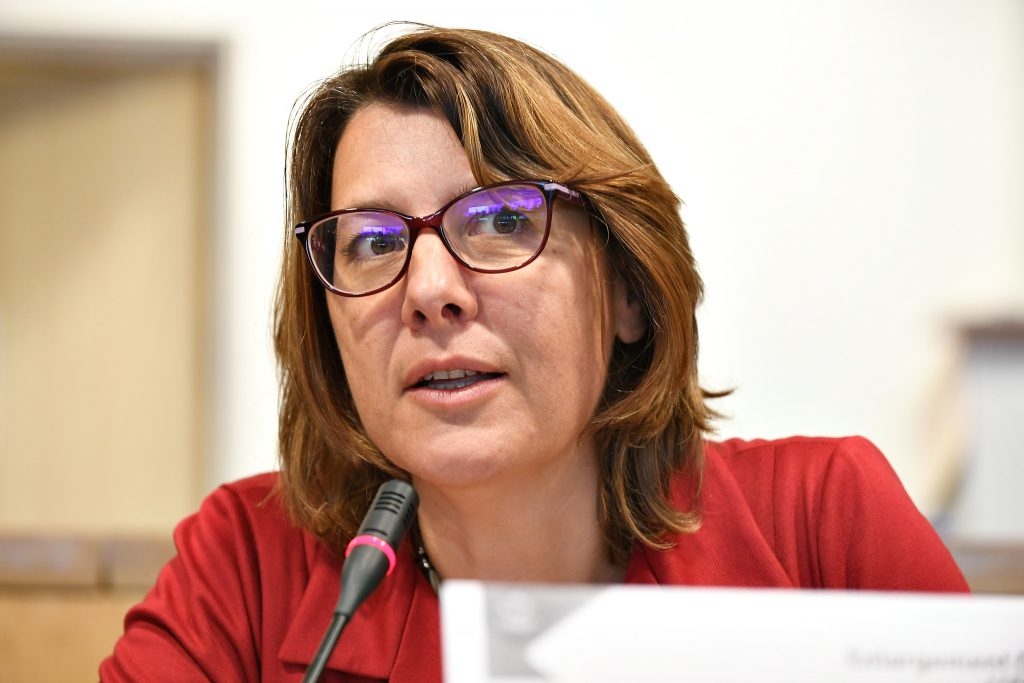
France’s and Germany’s main message for the Western Balkans is clear: countries in the region should prioritise efforts to demonstrate a sufficient level of political governance – and they will be permitted to begin the technical processes of EU accession only after they have achieved this, says Vessela Tcherneva, the Deputy Director of the European Council on Foreign Relations (ECFR) and Head of the Sofia office.
In her commentary, she writes that there is a certain shift in the European Union’s policy on the Western Balkans.
“Enlargement is becoming the policy that shall not be named – at least, in town hall meetings and parliaments in Western Europe,” explains Tcherneva.
She points out that recent ECFR survey demonstrates that the European public is against enlargement, which is not new, but what has changed is “policymakers’ clear commitment not to deviate from public expectations on peripheral issues such as this one.”
The reason for that, she believes, is not only the migration crisis, but the challenges the EU is facing with Romania’s and Bulgaria’s transformations into member states, and with the rule of law deficits in Poland and Hungary.
“Most importantly, Europeans’ fears about the durability of the EU – with a majority of citizens believing that there is a realistic possibility that the EU will fall apart in the next 20 years – seem to point in the direction of strengthening ties between member states rather than adding to their number. In other words, the French position of putting the brakes on enlargement has less to do with the Western Balkans itself than with President Emmanuel Macron’s desire to prioritise quality of integration,” writes Tcherneva.
She also notes that Macron during his visit to Serbia shifted his focus from enlargement to Belgrade – Pristina dialogue, adding that Germany is also trying to put into a motion talks on normalising ties between Serbia and Kosovo.
However, Tcherneva explains that not much has changed since then.
“Even though Haradinaj has been forced to resign after being subpoenaed by war crimes prosecutors in The Hague, Kosovo has not given in to pressure to repeal the tariff. French diplomats hope that a new government in Pristina will try to mend fences with Belgrade,” she says.
Tcherneva goes on by saying that to produce sustainable solutions, any agreement between Serbia and Kosovo will need to encompass the wider political aspects of good neighbourly relations.
“The creation of a common future for communities in northern Kosovo and southern Serbia will involve a long-term view rather than just the demarcation of territory,” she writes.
The Deputy Director of the ECFR explains that the EU should not wait for too long before moving towards a more hands-on approach because the Western Balkans has been in focus of other political actors, such as China and Russia.
“As it recalibrates its policy tools and their underlying logic, the EU should make clear that the onus is on Western Balkans countries to act responsibly. Their political maturity and choices, and not the box-ticking exercises that characterise the accession process, will set the tone of their relationship with the EU more than it has in recent decades,” concludes Tcherneva. /EWB/





